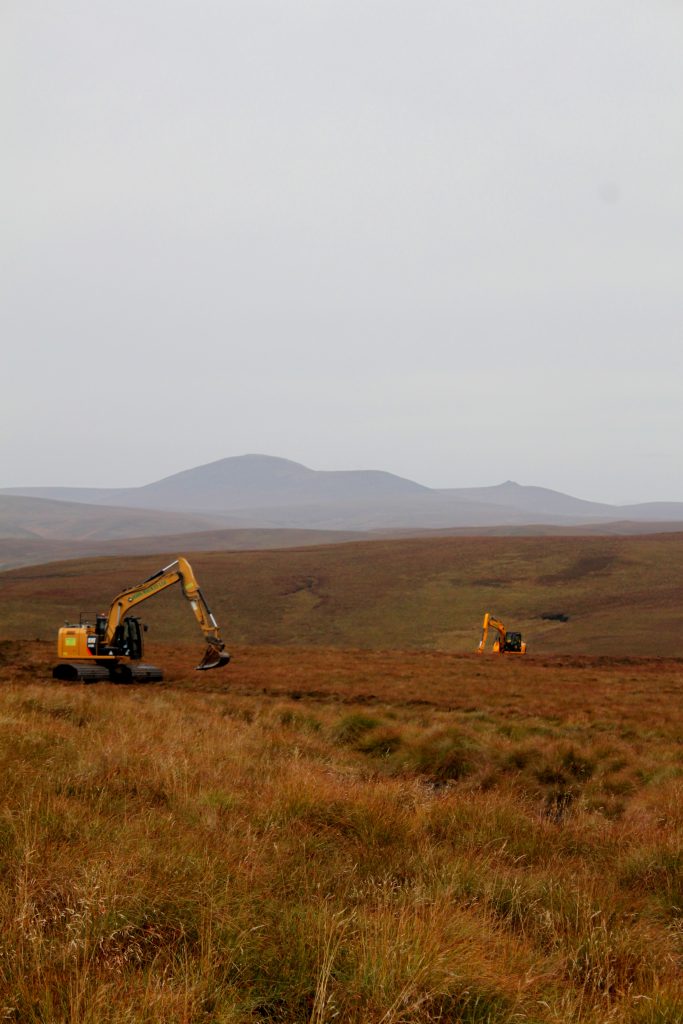Leverhulme Leadership Award
Peatlands are the Earth’s most efficient terrestrial carbon store, regulate water and climate, and support unique biodiversity, but their degradation compromises the delivery of all those benefits. In the UK, the cool, wet climate supports a globally rare peatland type : blanket bogs. Most UK blanket bogs have been degraded by human activities and unprecedented efforts to restore them are currently underway. Astonishingly, we do not not have robust means of assessing whether these intervention work, and we do not know how blanket bogs, degraded or otherwise, will cope with the added threat of climate change.

Between 2020 and 2025, our team will pioneer approaches from molecular to landscape scales to gain and share that knowledge
We will work on three interlinked work packages (WPs) that will each address a different aspect of blanket bog resilience representing a recognised knowledge gap in peatland science.
In WP1, we will use functional traits to answer the question: does pre-exposure to hydrological stress trigger adaptations that can increase resilience in Sphagnum species and recovery post-restoration?
In WP2, we will develop a method based on satellite-derived measures of seasonal swelling and shrinking of peatland surface, known as “bog breathing”, to answer the question: under what conditions does blanket bog restoration re-instate resilience and function?
In WP3 we will develop modelling approaches integrating our new understanding of resilience in blanket bogs to answer the questions: how will blanket bogs respond to future changes in climate under a range of management scenarios?
For more information, please contact roxane.andersen@uhi.ac.uk

